Cryptocurrency was founded on the idea that people’s currencies should be exchanged directly and between people. It is a currency that is traceable, encrypted, and accessible by all.
However, fraudsters have taken advantage of crypto’s pseudonymous nature to target down-on-their-luck individuals, desperate job seekers, and even seasoned investors. According to the US FBI, scams and frauds in the crypto market led to over $5.6 billion in losses in 2023.
Boiler rooms are a popular form of crypto scam operation in which aggressive salespeople deceive individuals into investing in worthless cryptocurrencies.
Below, we discuss what crypto boiler rooms are, how they work, and, most importantly, how to protect yourself from falling victim.
What is a Boiler Room?
A boiler room scheme involves numerous sales representatives calling potential investors and pressure them into investing in fake securities.
It’s a model that has existed since the 1960s, where salespeople huddle in small, low-cost office spaces to sell questionable investments over the telephone.
In the current finance world, boiler rooms are operated by unethical brokers and financial service providers, often through an offshore call center, where sales agents pressure and deceive investors into buying worthless or overvalued instruments.
According to the UK Financial Services Authority, these agents cold-call potential investors, often targeting middle-aged male retail crypto traders with investment experience.
How a Crypto Boiler Room Works
Crypto boiler rooms emerged after cryptocurrencies became popular in 2017, when Bitcoin’s price skyrocketed to nearly $20,000.
Cryptocurrency schemes have become very sophisticated over the short time that crypto existed. Some hackers have created a virus that can mine cryptocurrencies using a CPU without the owner’s consent, while others have developed ways to hack cryptocurrency kiosks through QR codes.
However, some of the most effective scams, such as the boiler room scam, are far more traditional.
Often packed in a low-cost office space (or sometimes in private homes), telemarketers are given a script to sell cryptocurrencies or initial coin offerings (ICOs) by all means and are incentivized by commissions.
These salespeople sell or promote unknown cryptocurrencies or initial coin offerings (ICOs) with the promise of high returns, convincing buyers that it is the “next big thing.”
Telemarketers are given a “sucker list,” a list of people who have already been victims of previous scams. Telemarketers cold call people in the “sucker list.” These can be in any form of contact – phone call, email, or social media messages.
Often, telemarketers pretend to have insider information and pressure their victims into investing.
The key word here is pressure—boiler room agents often make it look like the investment opportunity is urgent or time-limited while giving out false information about how profitable the so-called cryptocurrency is.
On the other hand, boiler room recovery scams are also prevalent. Instead of pushing investors into buying cryptocurrencies, recovery scams target people who have been victimized by a previous scam. They promise to recover stolen cryptocurrency funds in exchange for an up-front fee.
How to Spot Red Flags of a Boiler Room Scam

Prevention is better than cure. Spotting boiler room scams before they scam you is the number one way to avoid having your crypto funds stolen.
Here are the top red flags and warning signs to look out for in a boiler room operation.
Unsolicited Calls or Messages from Brokers
Boiler room agents will try to initiate contact with their target in any way, such as calls, texts, or social media messages, and claim they are legitimate brokers. These agents often contact a victim multiple times a day.
For good measure, investors should never entertain unsolicited messages.
High-pressure sales tactics
Scammers pressure investors to think the offer is time-limited and instill a sense of urgency.
Some also claim they have insider information. For example, they will name-drop a famous personality in the industry and say that person has bought so and so worth of crypto.
Investors should be wary of emotional tactics and only make investments in which they are confident.
Promise of High Returns and Low Risk
Using their provided scripts, telemarketers will make promises that are too good to be true.
For example, they would promise a 50% interest rate or guarantee a specific return every year.
No Documentation and Financial Statements
Boiler room agents avoid providing information about their identity, the company they work for, or the cryptocurrency they are selling.
More often than not, agents bombard their victims by listing multiple regulators and agencies they are registered with; however, they do not provide actual documentation or proof.
Examples of crypto boiler room operations
There are countless boiler room operations ongoing; here are some currently flagged by regulators.
Legend Venture Partners LLC Not Legit
Legend Venture was confirmed as an unregistered broker-dealer offering a fraudulent ICO.
Legend Venture told clients that agents did not receive upfront fees or commissions. In reality, they received extreme, undisclosed markups between 60% and 105%.
BitMarket Scam
BitMarket Trader has been flagged by the Netherlands Authority for the Financial Markets (AFM) as a boiler room operation. According to past clients, broker representatives constantly called them to invest more in their ICO. However, clients were unable to withdraw the funds.
Stay Ahead with CommuniTrade
Be on top of trading news, industry insights, and market analysis with CommuniTrade. Dive into discussions, verify facts, and connect with a network of only verified traders.
Sign up and stay informed.




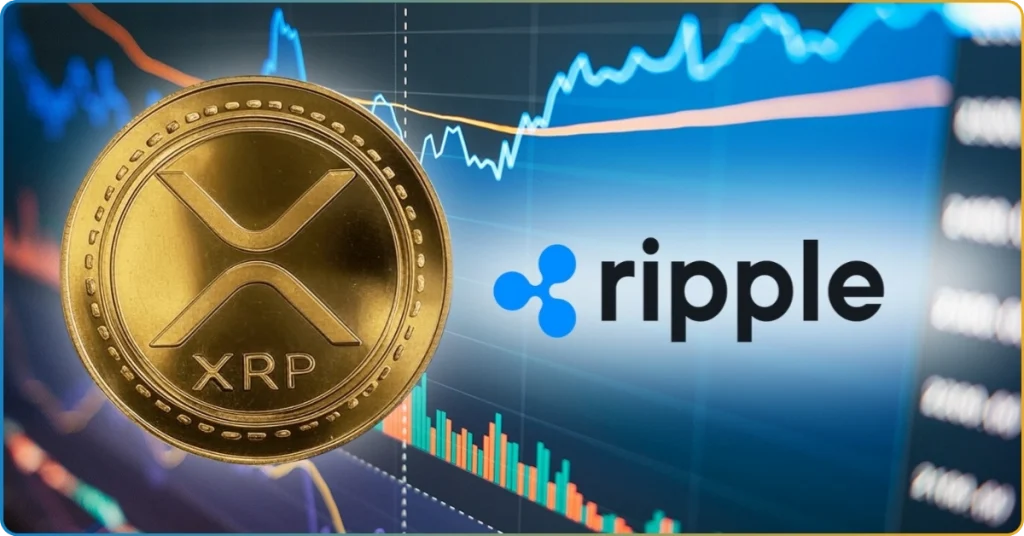

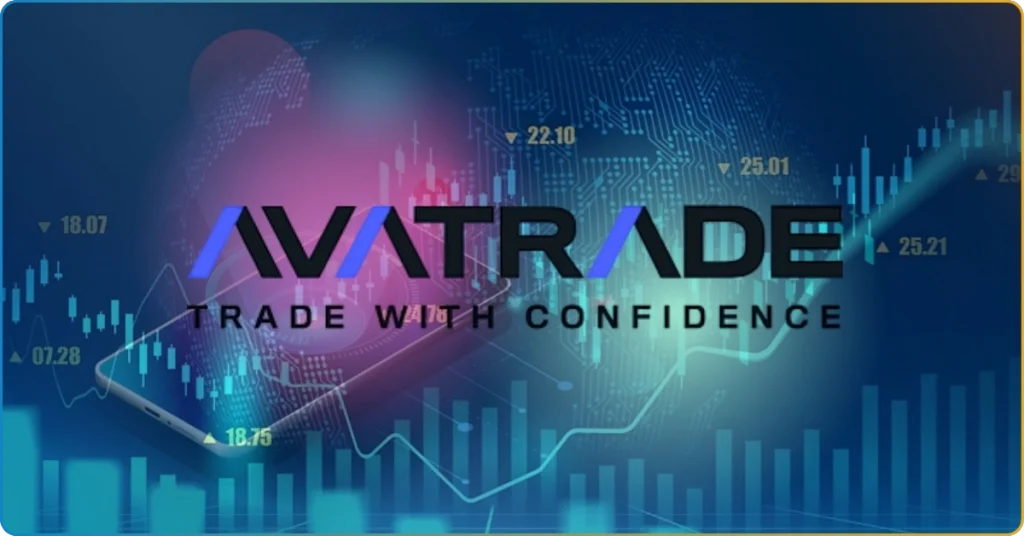



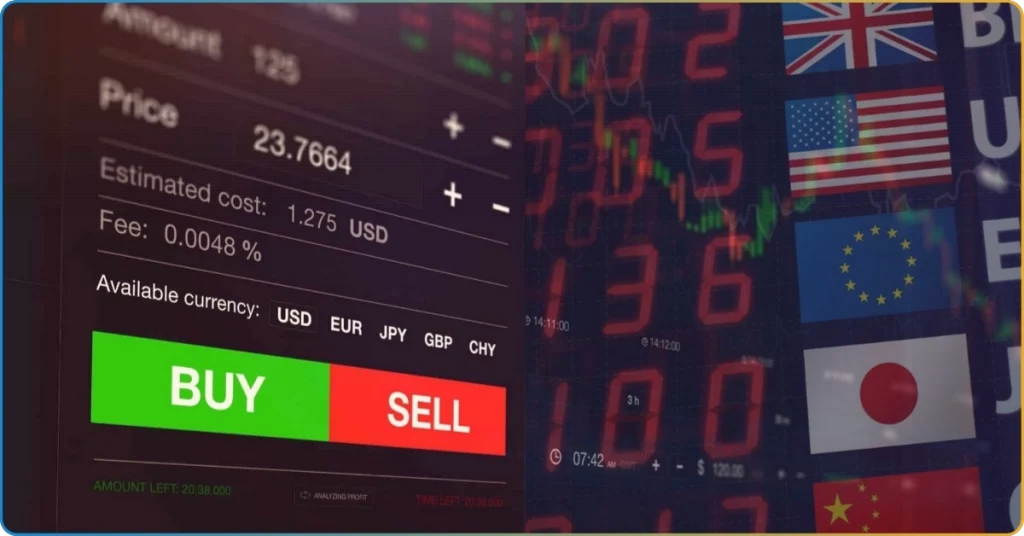



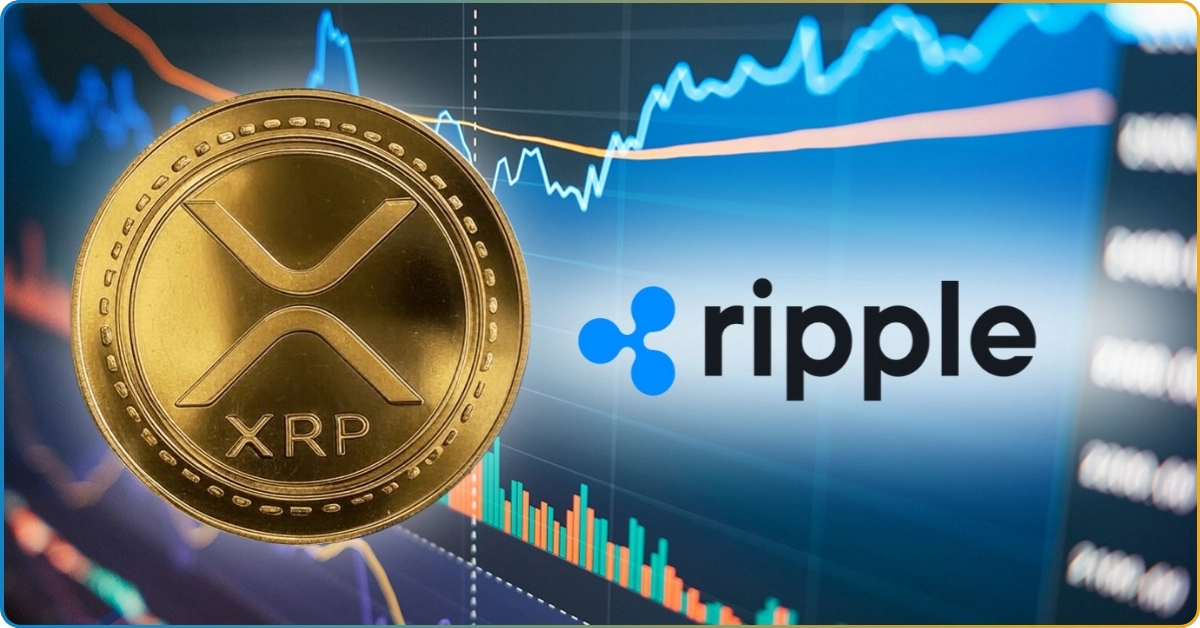

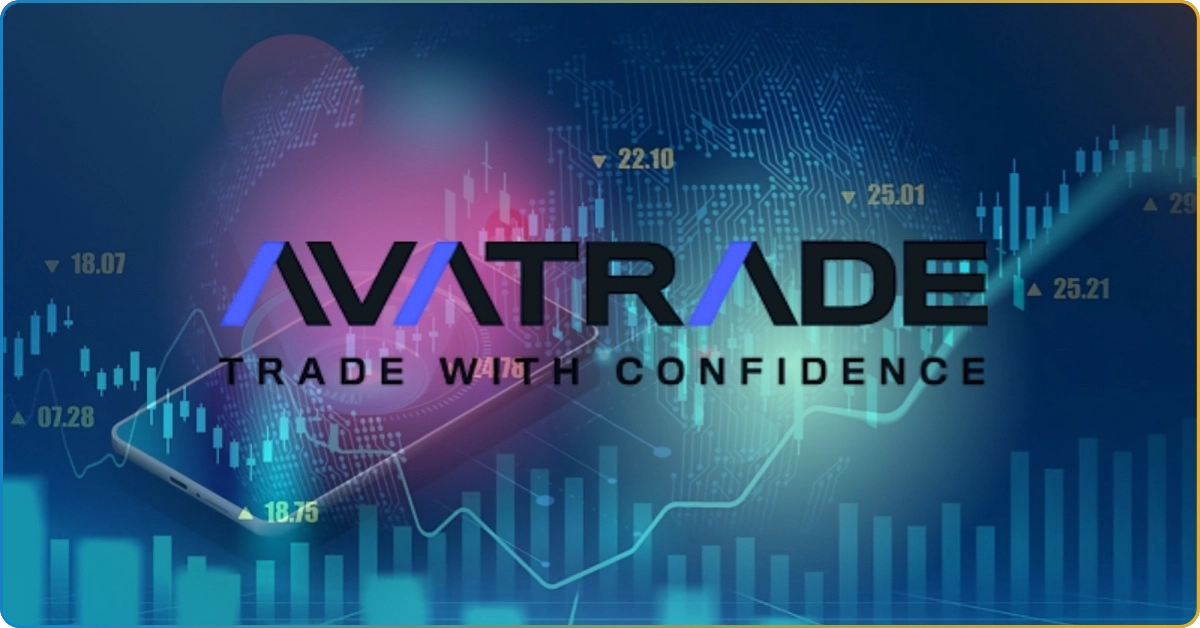

One Response
Hello 👋. I have been a victim to a number of scammers. Most of which are claiming to be South Africans. The companies/ brockers are: Luno ; Secure FX; Investotrade;
Allphatrade etc. Some of the individuals still follow me upto this day . The fraudsters use false names.